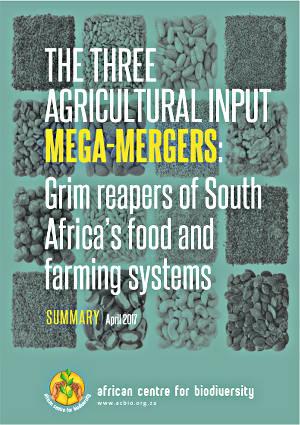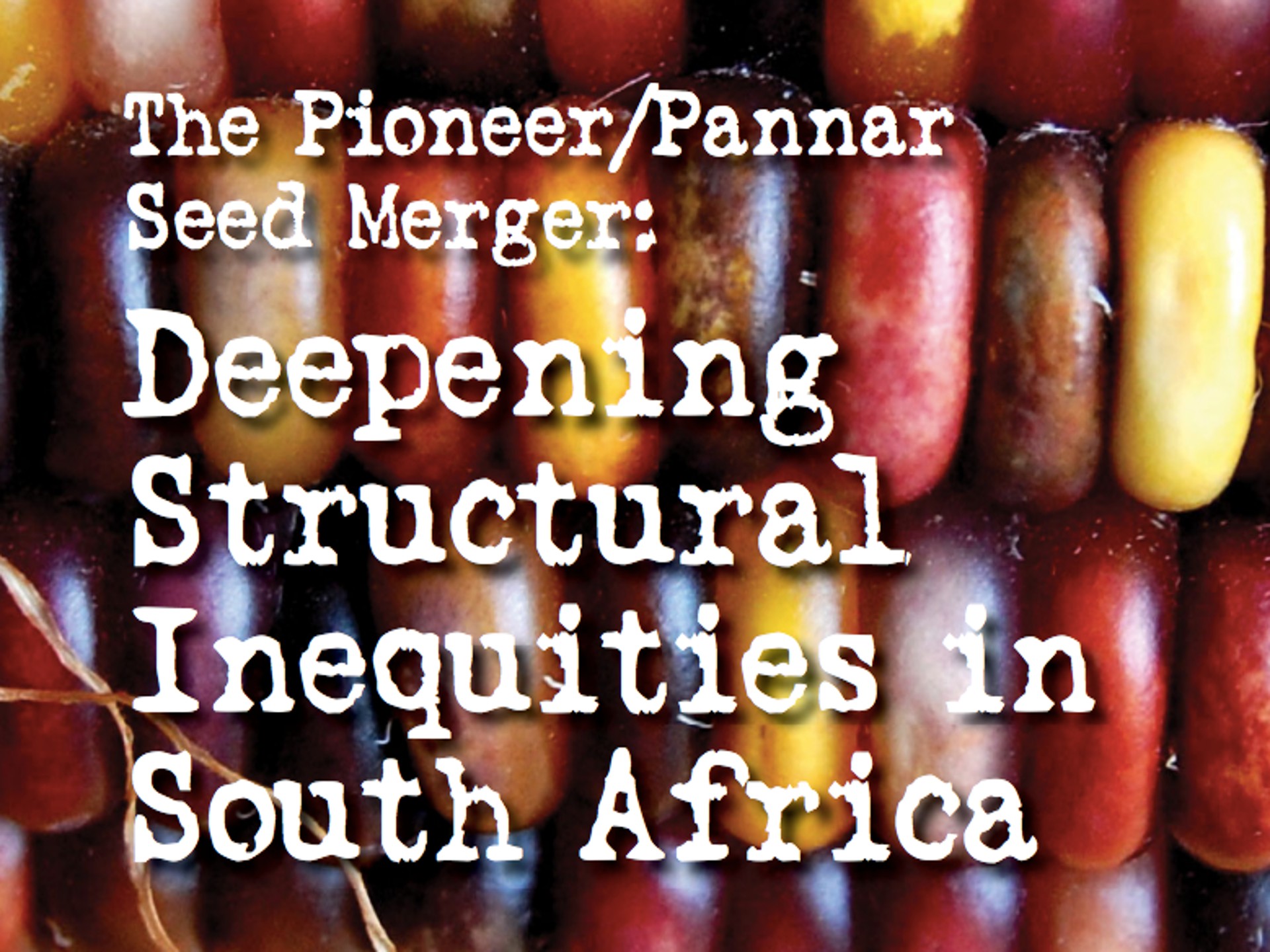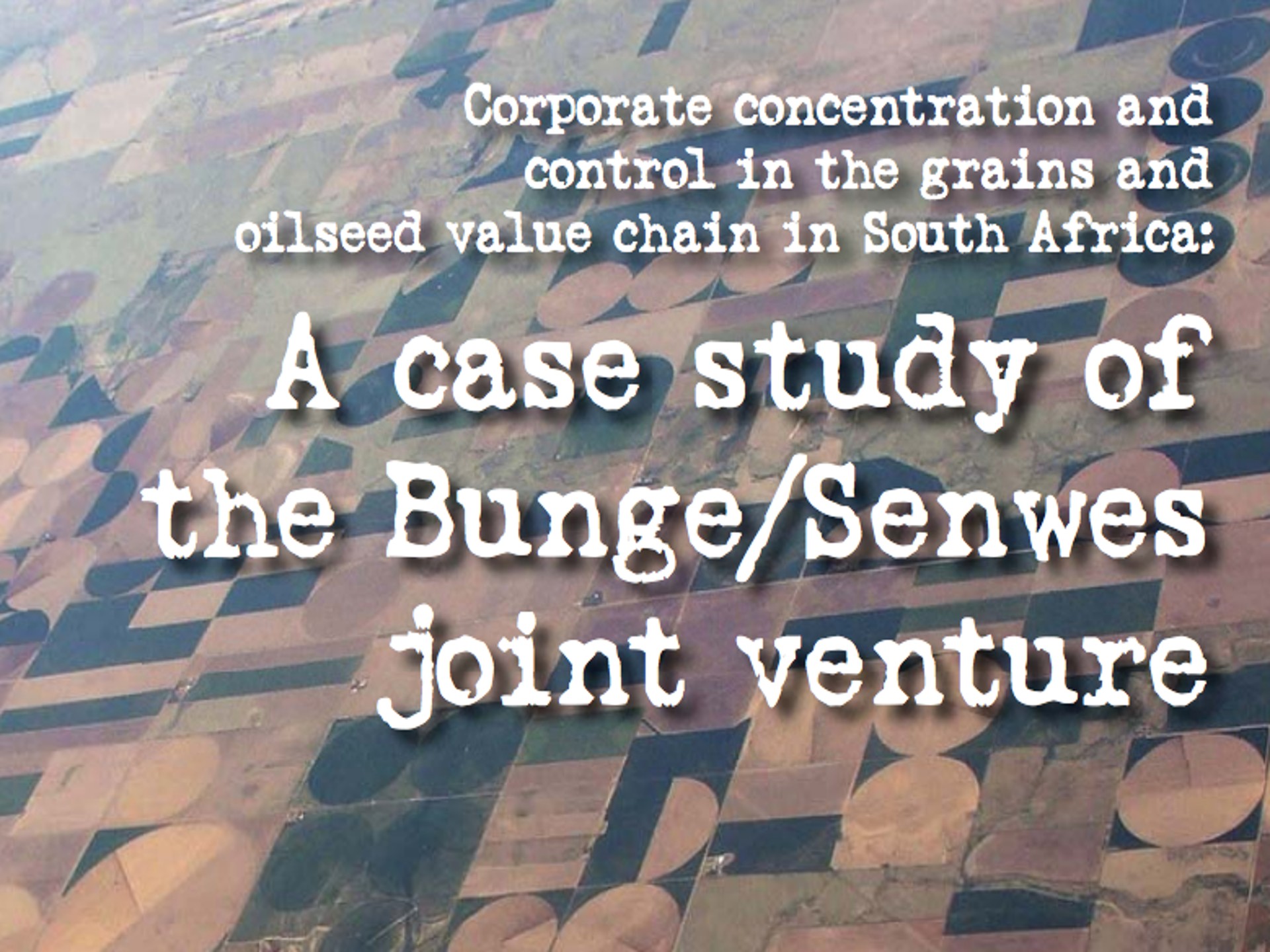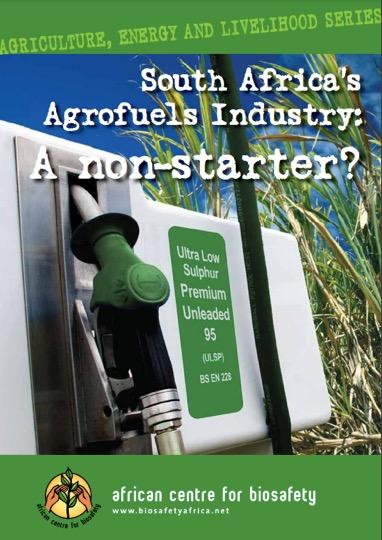Latest Agribusiness Resources
5 February 2025
Financing biodiversity in the face of capitalist extractivism and ecocide
ACB comments on the South African government’s Biodiversity Finance Plan Humanity is facing a multi-faceted crisis of civilisation, with environmental, social, and economic dimensions. Fundamentally, this crisis is caused by capitalist dynamics of accumulation and extraction, and the associated use of the environment as a free or cheap resource and service provider. Effective biodiversity restoration […]
READ25 November 2024
Greenhouse gas emissions in the South African food system: Integrated and transformative responses required
Climate change is set to wreak havoc on South Africa (SA)’s agri-food system. Increasing temperatures, lower and more erratic rainfall, and more extreme weather events will characterise the climate in Southern Africa over the next decades. This poses challenges for food production and food security. At the same time, SA’s agri-food system is one of […]
READ5 July 2017
Decolonising Food Systems and Sowing Seeds of Resistance
The briefing paper challenges us to reclaim our connection to seed, food and each other and to engage in new food politics. Download pdf.
READ11 April 2017
Mega-mergers: 3 giant corporations controlling South Africa’s food and farming systems
This briefing deals with the three mega mergers taking place in the agriculture sector as Dow Chemical and DuPont are set to merge, China National Chemical Corporation (ChemChina) is to acquire Syngenta and Bayer is to acquire Monsanto. The proposed Bayer-Monsanto merger will give control of almost 30% of the world’s commercial seed market and […]
READ13 September 2012
The Pioneer/Pannar seed merger: deepening structural inequalities in South Africa
In this briefing, we deal with the Pioneer/Pannar seed merger, outlining the evidence led by the ACB in opposing the merger, what is at stake for South Africa if the merger is approved and the extent to which the merger will deepen structural imbalances in the South African economy. Read the briefing here.
READ3 October 2011
Corporate concentration and control in the grains and oilseed value chain in South Africa: A case study of the Bunge/Senwes joint venture
The Bunge/Senwes joint venture signals the first significant investment by Bunge in Africa. Bunge is one of the world’s largest and most influential corporations and is amongst a handful of companies dominating global trade in agricultural commodities. Senwes holds a dominant position in the South African market for the storage and handling of grain crops. […]
READ24 March 2011
South Africa’s Agrofuel’s Industry: A non-starter?
This paper provides a brief overview of the biofuels industry in the context of the South African government’s 2008 policy. Our key finding is that the large-scale biofuels industry has stagnated almost to the point of non-existence. There is, however, a growing impetus to address the shortcomings in government policy that has held the industry […]
READ9 March 2011
How US sorghum seed distributions undermine the FAO Plant Treaty’s Multilateral System
New data from ICRISAT and the US Department of Agriculture and a comparison of genebank records indicates that half of more of ICRISAT’s sorghum genebank collection is also being distributed outside of the Multilateral System. This yawning gap creates an economic incentive for the Multilateral System and its benefit-sharing requirements to be avoided. USDA’s sorghum […]
READ19 February 2011
Agrochemical giant DuPont to sell Bolivian sorghum gene
In 2012 multinational giant DuPont plans to begin selling sorghum varieties containing a valuable gene taken from a sudan grass that was collected in 2006 in Bolivia. The gene, branded as ‘Inzen A II’, makes sorghum plants tolerant to herbicides made by DuPont and other companies, and was acquired under exclusive license from Kansas State […]
READ28 January 2008
Agrofuels in South Africa – projects, players and poverty
The South African government has readily embraced the establishment of an agrofuels industry, citing job creation, the need for clean and renewable energy and the creation of markets for small-holder farmers, as key motivators. Nevertheless, it is our view that the logic of the Biofuels Strategy to introduce large-scale, mono-crop agriculture into the former homelands […]
READ








